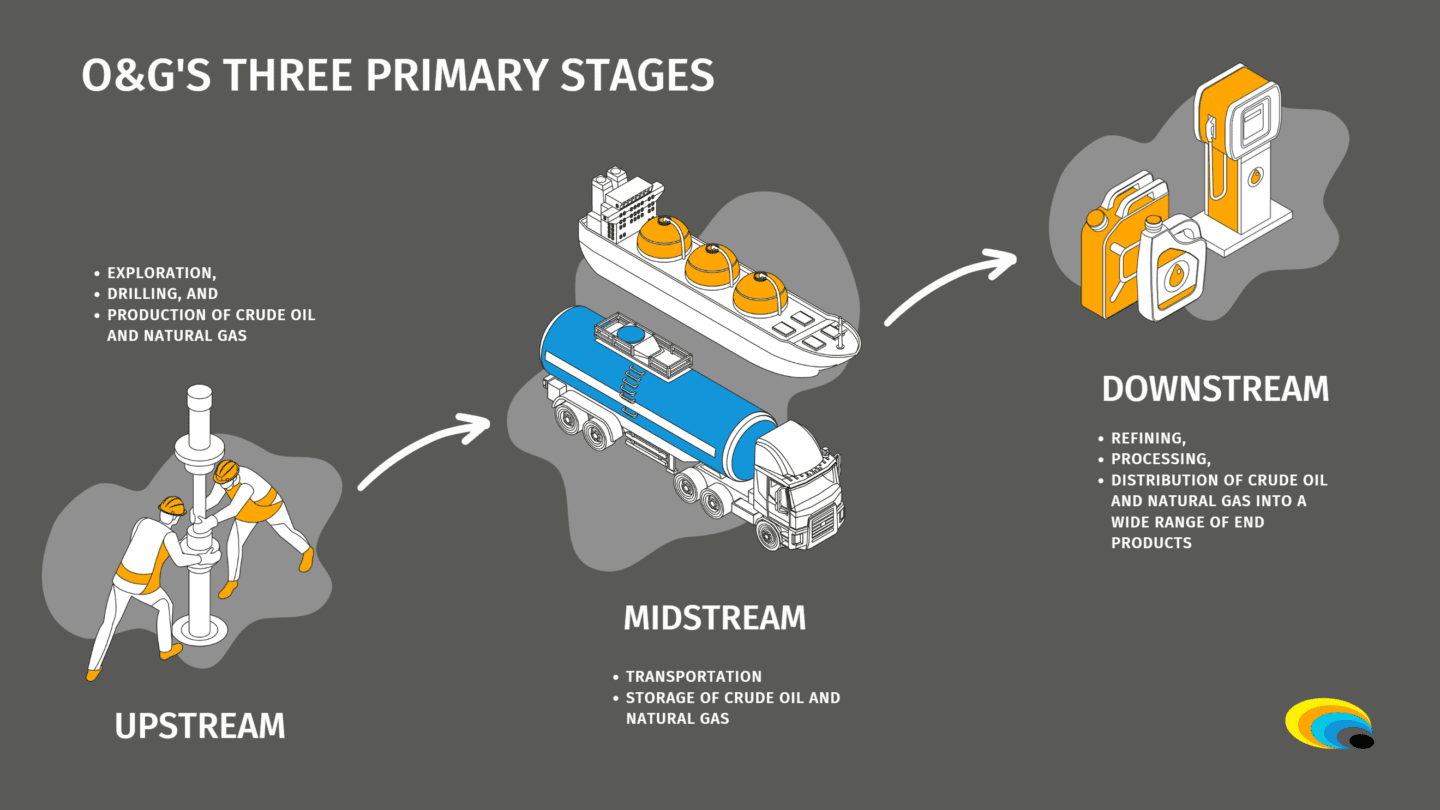What is Upstream Energy?
Upstream energy refers to the activities involved in the exploration and production of crude oil and natural gas. It includes activities such as geological surveys, drilling, and production.
Importance of Upstream Energy
The upstream energy sector is critical to the success of the energy industry. It is responsible for finding and extracting the raw materials that are refined and processed into usable energy products. Without the sector, the downstream energy sector would have no raw materials to process. The upstream sector is also essential for the global economy. Crude oil and natural gas are used in a wide range of industries, including transportation, manufacturing, and power generation. The availability and affordability of these resources have a significant impact on the global economy.Impact on the Energy Industry
The upstream energy sector has a significant impact on the energy industry. It is responsible for a significant portion of the industry’s revenue and employs millions of people worldwide. The sector is highly competitive, with companies vying for access to resources and investing heavily in research and development to improve efficiency and reduce costs. The upstream sector is also affected by changing market conditions, such as fluctuating oil and gas prices and shifting consumer demand for energy products. Companies must adapt quickly to these changes to remain competitive and profitable.Future of Upstream Energy
The upstream energy sector is facing significant challenges in the coming years. The shift towards renewable energy sources and increasing pressure to reduce greenhouse gas emissions will require significant investments in new technologies and infrastructure to maintain competitiveness. However, this shift also presents opportunities for the sector to innovate and develop new energy sources, such as renewable natural gas and carbon capture and storage. Another challenge facing the upstream sector is the depletion of traditional sources of crude oil and natural gas. Companies are exploring new regions and technologies to find new sources of energy, such as offshore drilling and hydraulic fracturing.Conclusion
The upstream energy sector is a vital part of the energy industry, responsible for exploring and extracting crude oil and natural gas from the ground. It is essential for the industry’s success and has a significant impact on the global economy. As the industry continues to evolve, companies must adapt quickly to changing market conditions and invest in new technologies to remain competitive and profitable.Frequently asked questions
What is the role of upstream energy in the energy industry?
The availability and affordability of crude oil and natural gas extracted by the upstream energy sector have a significant impact on the global economy, as these resources are used in various industries such as transportation, manufacturing, and power generation.
How does the upstream energy sector impact the global economy?
Traditional metering systems require manual meter reading and do not provide real-time data on energy consumption. AMI, on the other hand, uses smart meters and advanced communication networks to provide real-time data on energy usage, which allows for more efficient and effective energy management.
What challenges does the upstream energy sector face in the future?
The shift towards renewable energy sources and the depletion of traditional sources of crude oil and natural gas are some of the significant challenges facing the upstream energy sector. To maintain competitiveness, companies need to invest in new technologies and infrastructure to innovate and develop new energy sources.






